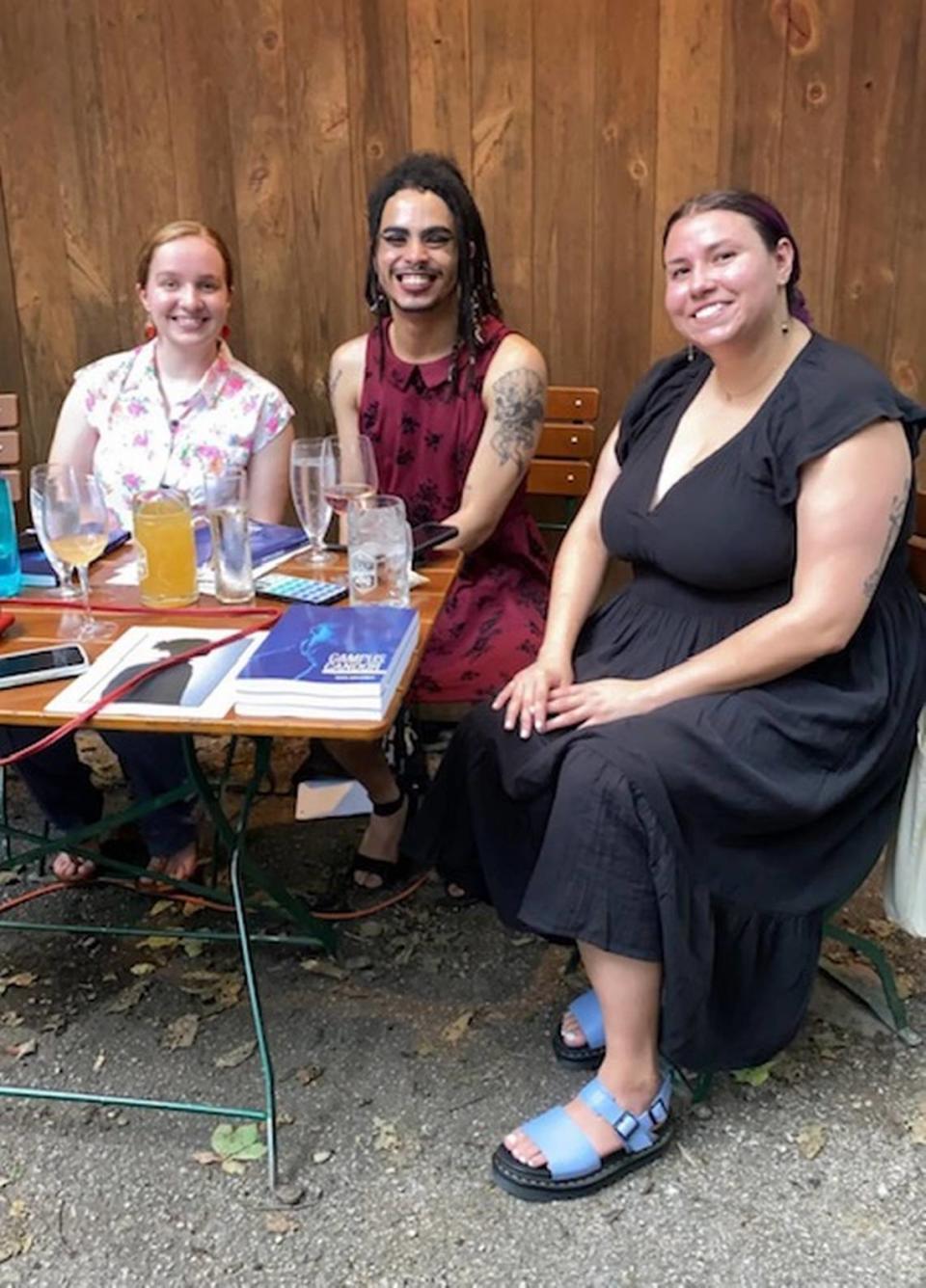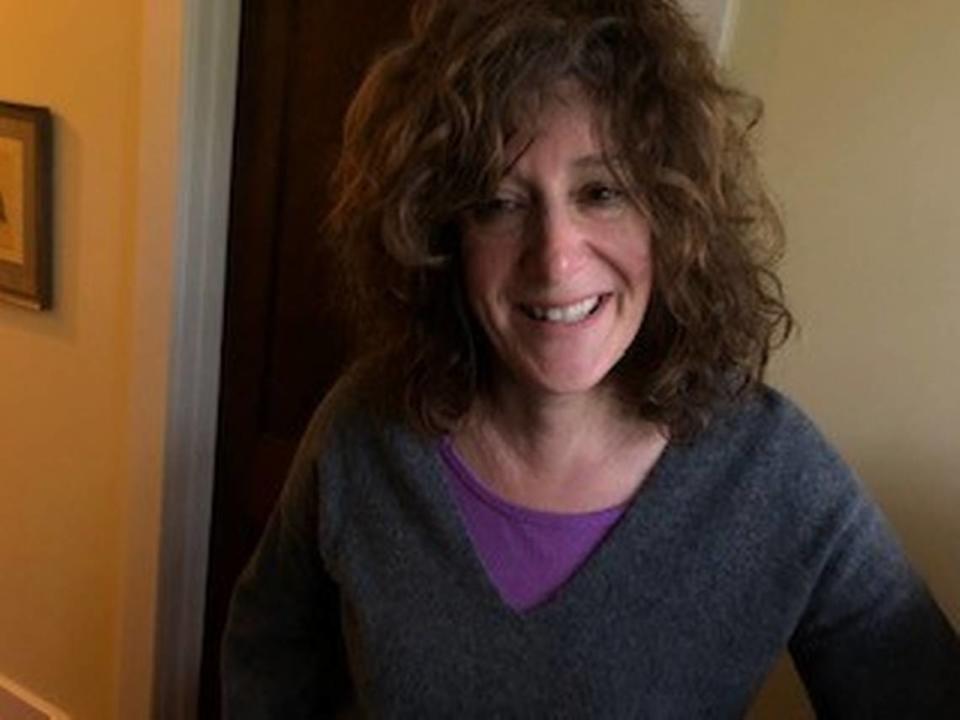New book explores big issue for college students at UK, other schools: ‘the status game.’ | Opinion
Few routes exist to the American dream. Traditionally, education has been considered a sure path to it. Recent Supreme Court decisions on affirmative action and student loans do nothing to level the playing field. Still, this political moment provides an opening to re-evaluate higher education. One thing that needs re-evaluating is the status game that hurts all students, marginalized ones in particular.
A new book, “Campus Candor: Students’ Stories Unmasked,” describes the research 12 student interns and I did chronicling the lives of more than 60 undergraduate students at the University of Kentucky (UK), West Virginia University (WVU), University of Florida (UF), and University of Mississippi (UM). We hoped to overcome the rural/urban divide through oral histories, building empathy between disparate students. The initial impulse for the work came when I was the faculty director of a social justice living and learning community at UK. Racial hate speech occurred on our dorm floor immediately following the 2016 Presidential election. African American students accused White, rural KY students (all members of our community) of being responsible.
Until I learned students’ stories, I did not appreciate the harm that results from the competitive higher educational market taken with status. Our research discovered that campuses perpetuate “status dysmorphia”—an unhealthy obsession with status. It revealed that a fixation on status, and the attendant competition, hinders students from seeing one another.
Status fixation affects all classes, races, and geographic origins. If, however, a student comes from a community marked by poverty, they are at a status disadvantage. They face a wall of adversity to arrive at the flagship campus. These “lucky” students who do arrive gain status merely by association with the flagship and its prominent sports teams. But the status gained creates status distance between themselves and their home communities even as they encounter a campus that may devalue them for their identity, skin color, class, and/or accent.

Examples of status dysmorphia from our work include “McKenna.” She was a White student from eastern Kentucky who hasn’t had it easy. Her father died when she was young, and her mother more than dabbles in drugs.
…it’s tough and at first whenever I first came here, I was embarrassed by it because to me UK has a stigma like, it’s UK, like…and it’s an expensive college, so I feel like you kind of have to have money to go here or…You have to come from something already, so for me to be like first gen and to come from nothing…It’s hard and at first, I was embarrassed by it, but like now I’m not, because I can say that I came from nothing to something.
McKenna reorients her class positionality, as evolved, to be appropriately class aligned to be on campus. In contrast “Charlie,” a UF student, was aware that the flagship fails to hold enough status among the elite. The child of immigrants, one Asian and one Caribbean. He comes from the professional classes and was raised in a financially secure home near Miami.
I’m happy I went to the University of Florida. There’s also competition between my friends…when you have a friend that goes to MIT, Georgetown, UCLA, Georgia Tech, and at U Penn, so there’s a level of inadequacy…a level of slight insecurity when you’re going up against big names…I didn’t know what I wanted to do and I’m happy I’m going here. I forgive myself for going here.
He forgave himself for going to UF, an institution ranked fifth among public institutions.
Status dysmorphia hurts all students. Constant evaluation puts students who achieve status markers (like honors programs) in endless assessment mode. Status fixation creates a situation where students mask themselves. It triggers trivial practices such as hiding a poor test score or more disconcerting ones such as concealing one’s identity. In the case of rural students, veiling might reflect a lack of familiarity with the diversity (urbanity) on campus. Black and Brown students, who may be rural, urban, or suburban, might conceal their uneasiness when negotiating a White environment that can produce fear. Below a UF student of color voices regret for going to UF, the prestigious institution.
I went to homecoming at Morehouse, and it was such a different vibe. I could walk around and nothing going to happen. I felt like I was missing out entirely. I made the wrong decision. You don’t really have a great experience here compared to like Morehouse…if it wasn’t for being prestigious, I wouldn’t be here. I wouldn’t be here at all.
The SCOTUS decisions perpetuate the individualized higher educational competition for status and the misbelief that status pursuits are individual challenges requiring personal ingenuity, even if structured by larger forces, including SCOTUS rulings. The decisions themselves put into relief the structural arrangements that particularly marginalized students face. Ironically, these realizations could spur creative responses to higher educational dysfunction, including status dysmorphia.

Nora Moosnick is a sociologist and the author of three books, “Adopting Maternity: White Women Who Adopt Transracially and/or Transnationally,” “Arab and Jewish Women in Kentucky: Stories of Accommodation and Audacity,” and “Campus Candor: Students’ Stories Unmasked” (in collaboration with Victoria Cruz-Falk, Emily Keaton, and Saturn Star-Shooter).

